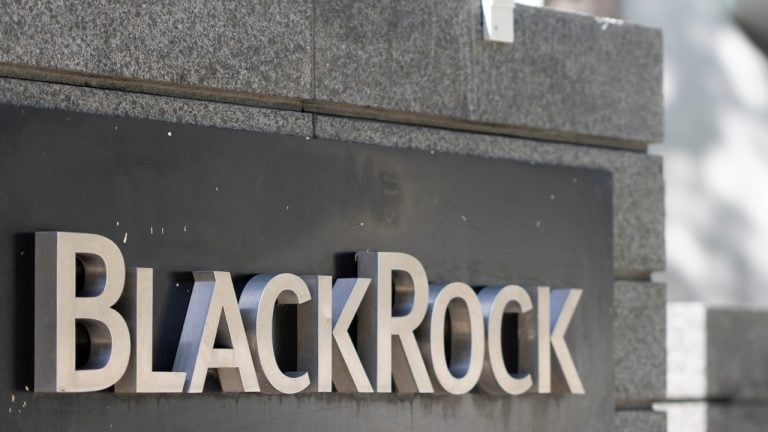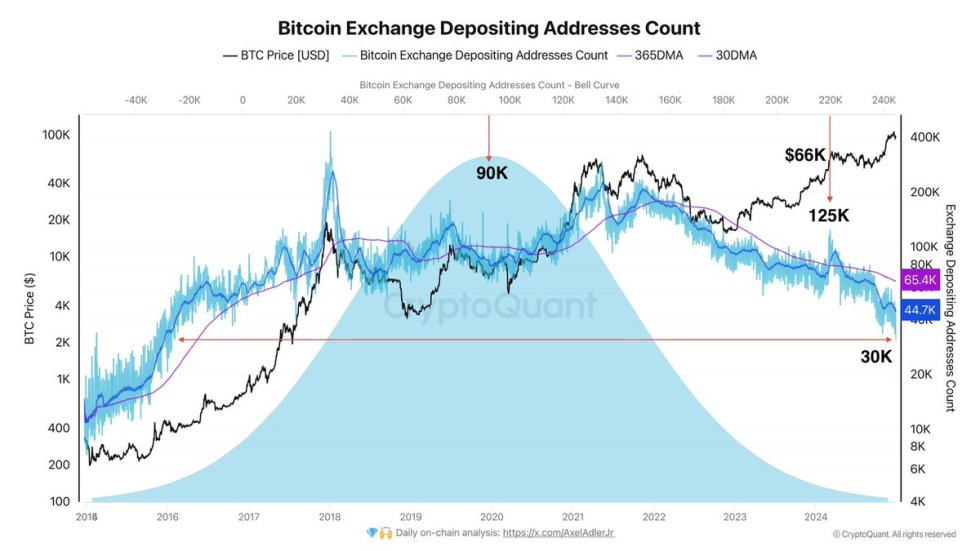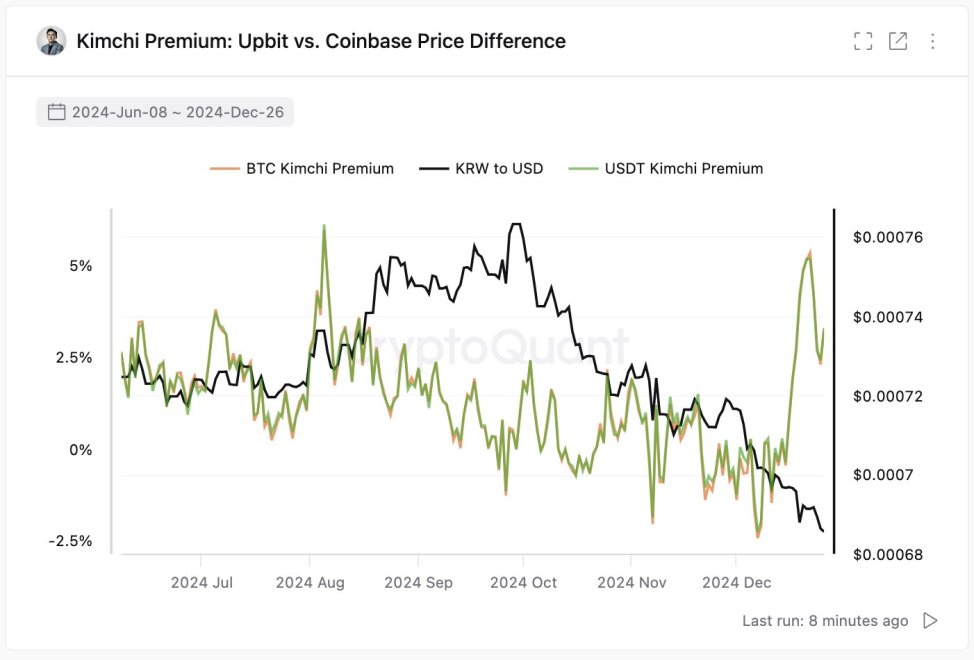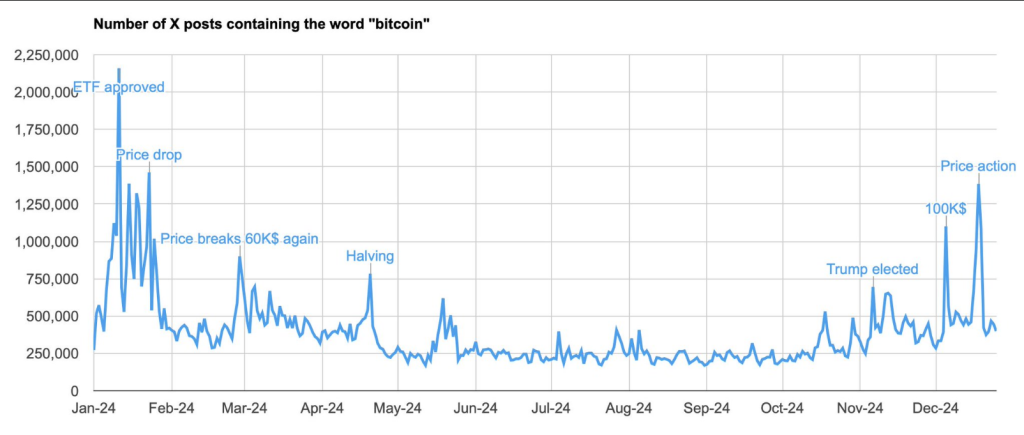Cryptocurrency mining, particularly Bitcoin mining, has long piqued the interest and investment of many. Individuals and corporations have been pulled into the field of crypto mining by the appeal of earning digital currencies by authenticating transactions on a blockchain network. However, as the crypto landscape changes and matures, the issue of whether Bitcoin or crypto mining will still be profitable in 2023 arises.
Crypto Mining's Evolution
To comprehend the current situation of crypto mining, one must first identify its evolution. Mining could be done effectively with a regular computer in the early days of Bitcoin. Miners, or nodes, would utilize their processing capacity to solve challenging mathematical riddles and validate network transactions. In exchange, they were given Bitcoin.
However, as the popularity of Bitcoin grew, so did the competition among miners. This resulted in the development of specialized hardware known as Application-Specific Integrated Circuits (ASICs), which were developed specifically for mining. These ASICs were substantially more efficient than ordinary computers, making competition for small-scale miners increasingly difficult.
Bitcoin's Evolving Role: Can BTC be considered an ESG Asset?
Bitcoin, often described as peer-to-peer cash, digital gold, or a hedge against inflation, is beginning to emerge as an Environmental, Social, and Governance (ESG) asset, according to a report by professional services firm KPMG. ESG is an investment framework aimed at promoting sustainable investments, and the convergence of Bitcoin and ESG represents a compelling shift in perspective.
KPMG's report challenges traditional notions surrounding Bitcoin's energy consumption and environmental impact. The report suggests that Bitcoin can serve various ESG functions, including:
Creating New Markets for Renewable Energy
Bitcoin miners have the flexibility to utilize various energy sources worldwide, including renewable sources like hydro, wind, geothermal, and solar. By tapping into underutilized renewable energy, Bitcoin can help reduce stranded energy and encourage further investments in clean energy.
Stabilizing Power Grids
Bitcoin miners can act as an energy buffer, absorbing excess energy when the grid faces oversupply and reducing consumption during periods of high demand. This flexibility benefits power providers by preventing grid overload and maintaining price stability for consumers.
Reducing Methane Emissions
Methane, a potent driver of climate change, is emitted during landfill decomposition. Some companies are capturing vented methane from landfills and converting it into electricity for Bitcoin mining. This process not only reduces carbon emissions but also monetizes stranded energy, potentially revolutionizing landfill operations.
These emerging use cases challenge the narrative surrounding Bitcoin's environmental impact. Additionally, more than 50% of Bitcoin's power mix now comes from renewable sources.
Bitcoin's growing alignment with ESG principles is gaining attention from institutional investors like BlackRock and Fidelity, as they seek regulatory approval for spot Bitcoin exchange-traded funds (ETFs). Correcting outdated narratives and recognizing Bitcoin's positive contributions to environmental and social challenges will be essential to onboard investors into the digital asset economy.
The Function of Halvings
The design of Bitcoin incorporates a mechanism known as "halving," which limits the number of new Bitcoins created as mining rewards by 50% every four years on average. This halving is an important part of Bitcoin's monetary policy, which is intended to imitate the scarcity of precious commodities such as gold.
The economics of Bitcoin mining are significantly influenced by halvings. Miners must rely increasingly on transaction fees to sustain profitable as rewards decline. This has boosted rivalry among miners for higher-fee transactions, which may be financially rewarding but also unpredictable.
Energy Efficiency and Electricity Costs
Electricity prices are one of the most important elements determining the profitability of crypto mining. Mining hardware requires a significant quantity of electricity to operate, and the cost of electricity varies substantially by region. Miners in low-cost electricity locations have a competitive advantage over those in high-cost electricity areas.
Because of its energy-intensive nature, crypto mining has sparked increased concern over its environmental impact in recent years. This issue has prompted efforts to make mining more energy-efficient and environmentally beneficial. Some cryptocurrencies, like as Ethereum, are shifting from a proof-of-work (PoW) consensus mechanism to a proof-of-stake (PoS) consensus mechanism, which uses substantially less energy.
Mining Sindicates and Decentralization
Many individual miners join mining pools to boost their chances of receiving rewards. Mining pools are groups of miners who pool their processing resources to maximize their total odds of mining a block successfully. When a block is successfully mined, the rewards are dispersed among pool members according on the amount of processing power they supplied.
Mining pools provide more constant payments, but they also raise issues regarding centralization. As larger mining pools accumulate more power, they have the ability to dominate a major section of a cryptocurrency's network, thereby compromising cryptocurrency's decentralized ideals.
Considerations for Regulatory and Legal Compliance
The regulatory climate for cryptocurrency mining differs by nation and can have an impact on its profitability. Some countries have embraced cryptocurrency mining and offer tax breaks, while others have set stringent rules or outright prohibitions on mining activity.
Miners must also consider environmental rules, especially in areas where energy sources are extensively regulated or subject to environmental impact assessments. Failure to comply with regulatory obligations might result in hefty fines and legal proceedings.
Market Conditions Are Important
The profitability of cryptocurrency mining is intimately related to the state of the cryptocurrency market. Cryptocurrency prices, such as Bitcoin or Ethereum, can move dramatically over short time periods. Miners frequently analyze their profitability by taking into account the current market price, as well as their electricity costs and mining hardware efficiency.
A bull market with rising cryptocurrency prices can dramatically enhance mining profitability because miners can earn more from mining rewards as well as transaction fees. In contrast, a bear market with declining prices can put a pressure on profitability, particularly for miners with higher operating costs.
The Function of Altcoins
While Bitcoin mining is the most well-known, thousands of other cryptocurrencies, known as altcoins, exist. Some of these altcoins have emerged as successful mining options. They may use alternative consensus techniques, utilize less electricity, or have more favorable reward systems.
Miners that want to optimize their profits frequently diversify their mining activity to include a variety of cryptocurrencies. This method can assist them in adapting to shifting market conditions and capitalizing on opportunities given by various coins.
Is it still worthwhile to mine cryptocurrency?
The answer to the issue of whether crypto mining is still worthwhile in 2023 is not one-size-fits-all. Mining profitability is determined by a variety of elements such as electricity prices, hardware efficiency, market conditions, and regulatory considerations. Mining is an industry that has changed dramatically since its beginning, and success demands careful preparation, continual adaptation, and a deep awareness of the ever-changing crypto ecosystem.
Crypto mining is a viable and potentially rewarding endeavor for some, particularly when tackled strategically. Others may find that the expenses and dangers outweigh the possible gains. Those considering crypto mining should perform thorough research, examine their specific circumstances, and make informed decisions that match with their financial goals and risk tolerance, just like they would with any other investment.
This article was written by Pedro Ferreira at www.financemagnates.com.
You can get bonuses upto $100 FREE BONUS when you:
💰 Install these recommended apps:
💲 SocialGood - 100% Crypto Back on Everyday Shopping
💲 xPortal - The DeFi For The Next Billion
💲 CryptoTab Browser - Lightweight, fast, and ready to mine!
💰 Register on these recommended exchanges:
🟡 Binance🟡 Bitfinex🟡 Bitmart🟡 Bittrex🟡 Bitget
🟡 CoinEx🟡 Crypto.com🟡 Gate.io🟡 Huobi🟡 Kucoin.




















Comments